The Watchers
The Pigeon
I begin my daily flight from the ledge of a Pret a Manger in Paddington, where the scent of sourdough and manufactured sorrow wafts upward like cheap incense. The humans below are already queuing—always queuing—for coffee, for trains, for a moment of borrowed control. I shake off the perpetual London drizzle, calculate the necessary lift, and launch myself into the endless grey.
London, from my perspective, is a mosaic of frantic movement and mild systemic panic. Red buses wheeze through the congestion like asthmatic, primary-coloured whales. Cyclists navigate the asphalt fissures, dodging both potholes and the weight of their own futures. Pedestrians march with the grim, downward-gazing determination of people who have forgotten their destination but cannot admit to stopping. I glide past The Shard, that glass obelisk of financial ambition, wondering if its purpose is to pierce the heavens or just to perfectly reflect the collective emptiness.
My name? Irrelevant. We pigeons are the overlooked archivists, the feathered flâneurs of this absurdity. We see the whole machine, and we are utterly unimpressed.
My commute takes me east, toward the geometric heart of the financial district. Canary Wharf—a cluster of cold towers where humans in identical suits perform rituals of productivity beneath names like "One Canada Square," as if territory were still defined by flag and feather. I perch briefly on a narrow ledge outside a boardroom window. Inside, a man uses a laser pointer on a pie chart, attempting to summon meaning from pure geometry. His colleagues nod solemnly, sipping lattes that represent a week’s worth of viable scavenging. I once mistook a PowerPoint presentation for a desperate mating display—the flapping arms, the puffed chests, the rhythmic repetition of buzzwords like synergy and disruption—but no, it was just capitalism rehearsing its lines.
I flap onward, over the Thames, the city’s sluggish, historic artery. The river watches the present with the same indifference it held for past empires. I land beside a couple filming a viral dance near Tower Bridge. They move with the precision of people who have practiced joy but never trusted the spontaneous feeling. I coo softly—a sound that means, “I see your performance,” but they don’t register it, too focused on curating their lives into digestible, profitable fragments.
At Borough Market, I retrieve a discarded chip—cold, limp, and saturated with the ghost of artisan salt. A nearby human argues with a vendor about the ethical sourcing of olives. I feel the powerful, unsaid urge to intervene, to point out that the Earth is burning while they debate micro-morality. But my critiques are limited to biological annotation and disdain.
From there, I veer south toward Trafalgar Square, our former capital. It was once a feathered republic, where we reigned over the plinths. Then came the edicts: "Do not feed the pigeons," treating our necessary sustenance as contraband and our very presence as insurgency. They tried to exile us with spikes and scorn, but we remain. We always remain.
I land near the fountain, where a child is throwing coins and wishes with equal, honest abandon. His mother corrects him, urging him toward something “realistic.” I want to coo in violent, feathered protest. Wishes are meant to be wild, defiant. But realism is the national religion now—worshipped in spreadsheets and enforced by budget cuts.
Nelson stands above us, a sentinel who has lost his scent. The bronze lions are monuments to indifference, their cold hides climbed by tourists who treat patriotism like a rental costume. Today, a protest gathers—placards wave like tired flags: "Justice for Renters," "Stop the Cuts." The slogans are the unfiltered chorus of unmet needs. I trace the pavement, smelling the sweat of exhausted hope.
I slip down Whitehall, past the gates of power, where the air smells of processed paper and ambition’s clean decay. I once watched an official—a human of great importance—eat a Pret sandwich at his desk while drafting policy that erased the neediest from the spreadsheet. He didn't even drop a crumb.
As twilight deepens, I reach the West End, where the theatres glow. The streets hum with anticipation, a collective yearning for empathy performed on stage. I perch above a marquee advertising a play about class struggle, sponsored by a luxury watch brand. The irony is so thick it could support my weight.
I watch the street below. A man in a tailored suit steps over a rough sleeper without a pause. The sleeper clutches a cardboard sign: “I used to be your KPI.” I coo, a sound that signifies, “The theatre is everywhere.” But the man is already inside, applauding staged empathy while stepping over the authentic loss.
I end my commute on the roof of a Tesco Express, watching the city finally exhale. Lights flicker on. Arguments soften into silence. I reflect.
Modern Britain is a theatre of profitable contradictions. It sells serenity in sachets, mourns community while building towers no one lives in, and worships tradition while gutting the services that support life. It is absurd, yes, but it still holds fragments of truth—a child’s innocent wave, the unexpected kindness of an offered crumb.
We pigeons are the city's conscience, the winged archivists of a society that forgets itself daily. Mocked and despised, we endure. We adapt. We remember.
Tomorrow, I’ll commute again. Through the ash and the ambition, I will coo my quiet, unimpressed commentary into the fog.
Because someone has to document the absurdity.
The Fox
I emerge at twilight, when the city exhales and the protective façade begins to crumble. My den is an indentation beneath a rusted skip behind a shuttered kebab shop in Holloway, where the scent of meat and failure clings to the concrete. I stretch, shake the dust of anonymity from my fur, and begin my nocturnal cartography.
London is quieter now, but never still. It vibrates beneath the surface—a low-frequency thrum of chronic, electric grief. I pad through alleyways and over fences, slipping between bins and forgotten intentions. The humans label me "vermin," "scavenger," "pest." But I am the red thread, the continuous memory that runs through their perpetual forgetting.
I pass a pub where laughter spills out like a rupture. Inside, men shout about football and political certainty. I watch from the shadows, unseen but a constant pressure. They discuss Britain as if it were a fixed, knowable asset, a museum of nostalgia. I have witnessed it shift, shed its skin, and bury its own past beneath layers of concrete and glass.
At the edge of a council estate, I find a reckless cub nosing through takeaway wrappers. He is young, still believing in false abundance. I nudge him toward a half-eaten wrap and project a mental image: “The bins near payday are not gifts. They are mirrors of human waste.” He flinches but learns the lesson through scent, not sound.
I cross into Islington, where the streets are lined with townhouses that maintain an aggressive posture of indifference toward the rough sleepers curled beneath their manicured hedges. A woman passes, clutching a tote bag that screams “Be Kind.” She bypasses the man beside the recycling bins, her gesture of compassion contained entirely within the canvas of her bag. Here, kindness is a branded commodity, often out of stock by morning.
A siren wails in the distance—urgent, hollow, the city’s habitual cough. I pause beneath a streetlamp, its light sputtering like a failing sensor. A moth dances, chasing a promise of heat that will betray it. I watch it spiral, then move on. Some creatures are drawn into the city’s destruction. Others learn to walk the map of its decline.
At midnight, I reach Trafalgar Square. The bronze lions are cold with institutional indifference. Nelson stands, one-eyed and monumental, watching a nation that has lost its direction. I circle the fountains, where the water gurgles like a throat clearing before a political lie. A man sleeps beneath a statue, bundled in a sleeping bag that used to be a home duvet. I sniff his breath—cheap cider and the vapour of surrender. I leave a small, grey feather beside him, a trade token from the pigeon, an unmonetised gift.
Tonight, the echo of a protest lingers—placards stacked like abandoned shields, slogans fading into the pavement. I read them with my nose, tracing the layers of ink and sweat, detecting the scent of exhausted hope. I remember watching a woman cry while handing out leaflets that no one took. She folded each one like a fragile architectural plan for a better world.
I slip down Whitehall, past the gates of power. The buildings here smell of paper, performance, and controlled humidity. Inside, humans draft policies that filter out the very people they govern. I recall watching a junior minister rehearse empathy in front of a smart-mirror. He perfected the downturn of the mouth but failed to register the fear in his own eyes.
A security light clicks on—a sudden, white wound on the dark asphalt. I freeze. My fur catches the glow, amber against the institutional grey. A camera swivels, searching for threat. I am not threat. I am historical consequence. But the city has forgotten the difference.
In Soho, the night blooms in toxic neon. The air is thick with perfume and the sweat of curated desire. I watch a man cry outside a club, his glitter smudged, his phone cracked—a severed line to someone who won’t answer. I sit beside him for a moment, an unseen ballast. He stops crying, even without noticing my presence. Sometimes, existence is enough.
I pass a mural of a fox—stylised, sanitized, a corporate apology on a brick wall. Below it, a plaque reads “Urban Wildlife.” I snort. They love the idea of us—wild, free, untamed—but they refuse the reality: the overturned bins, the cubs born beneath the scaffolding, the eyes that hold too much unedited truth.
I climb a fire escape and perch on a rooftop, surveying the city’s slow, electric pulse. Below, another fox crosses the road, following the ancient, invisible ley lines of waste and opportunity. We have adapted. We know the choreography. We know when to wait and when to run.
At dawn, I reach Hampstead Heath. Here, the city loosens its grip. The grass is wet with an older promise. I dig briefly, unearth a piece of worn leather from a child who once believed in unconditional permanence. I leave it on a bench, a small, tangible reminder.
I return to Holloway as the sun rises, the city stirring into its next performance. The commuters emerge, the bins fill, and the rituals of forgetting begin anew. I slip beneath the skip, curl into myself, and listen.
Modern Britain is an archive of asphalt and longing. It legislates distraction and polishes its sorrow. But beneath the concrete, the foxes still run. We remember. We witness. We endure.
Tomorrow night, I’ll walk the map of their failure again. Because someone has to.
The Dog
I begin my day behind the fence.
It’s painted Sage Resolve, the colour of curated calm, a shade they chose after weeks of debate, arguing over samples like "Moss Whisper" and "Mindful Meadow." The name itself is a compromise between aesthetic and apology. I am a Labrador, but here, in this meticulously managed suburbia, that word means little. I am a breed before a being, an accessory before an animal. I am "good with children," "low maintenance," a lifestyle choice with fur.
The fence is my threshold, but the cul-de-sac is the stage of their daily ritual. Beyond it, cars reverse in synchrony, a silent, internal ballet of routine. Children, weighed down by the expectation in their heavy backpacks, march toward education. Adults exchange smiles that never quite reach their eyes, their faces already adjusted for the performance of productivity. I watch it all from my patch of lawn, ears tilted, tail a still, silent question mark.
They call me Max. They speak the name with affection, or sometimes with the sharpness of minor frustration when I critique their coping mechanisms by chewing the corner of a mindfulness journal. I don’t intend malice; I just prefer paper with bite.
Inside the house, everything is soft and multiplying. Cushions reproduce like anxious rabbits. Candles flicker beside framed affirmations. "Live Laugh Love" hangs above the kettle, pretending that boiling water is a spiritual act. The humans speak in hushed tones about "self-care" and "screen time limits," but their phones glow late into the night, their faces illuminated by the blue light of their hidden failures.
I am walked twice a day. The morning walk is brisk, a box ticked off the day’s agenda. The evening walk is slower, tinged with the metallic taste of guilt. They talk to me then, not always with words. A sigh, a pause, a hand lingering on my head—a fragile request for absolution. I listen. I always listen.
We pass the silent network of other dogs. Spaniels burdened by existential anxiety, Cockapoos whose coats are curated chaos, Retrievers who have forgotten the wild purpose they were named for. Our brief sniff exchanges are the real news broadcast: "The toddler’s tantrums are escalating." "The humans are fighting again." We are the emotional infrastructure buried beneath the perfect hedges.
This suburbia is obsessed with control. Lawns are trimmed to within an inch of their dignity; driveways gleam with the polish of performative pride. But I smell the fraying beneath the surface—stress, resentment, longing. The humans bury their true feelings beneath compost and car wax, but we dogs are the archaeologists; we dig them up.
On Tuesdays, the neighbour hosts a book club. I am an invisible witness. They discuss novels about trauma and resilience, their voices rising with each glass of wine. Once, I heard a woman say, “I just didn’t connect with the protagonist’s grief.” I barked—not out of anger, but out of disbelief. Grief isn’t meant to be relatable; it’s meant to be witnessed.
On Thursdays, the bins go out. This is a sacred ritual of public shame. Each household performs its offering—recycling, general waste, garden clippings. The humans pretend not to compare, but their competitive recycling tells a story. I sniff the bins like a priest reading entrails. I know who’s coping and who’s curating their consumption.
Sometimes, I perform a small act of treason. I escape. Not far, just into the woods behind the estate. It is less managed there. The trees do not apologise for their branches; the ground does not pretend to be level. I run fast and feral, shedding the leash of expectation. I dig. I roll. I remember what it is to be simply Max.
I met a fox there once, all amber eyes and cautious gait. We exchanged a look of pure recognition. “You wait,” his gaze said. “I run.” I nodded. “I endure,” I replied.
Back inside, the humans argue. Not loudly, but with the sharpness of unmet needs. "I just feel like…" and "You always…" are their weapons. I sit between them, tail curled, heart open. I am the buffer, the balm, the being who doesn't need them to be perfect. They cry, sometimes, in the kitchen or the car. I hear it. I smell the genuine salt of their tears. I don’t judge. I just stay.
At night, I sleep beside the bed. The humans dream of escape—beaches, cabins, simpler times. I dream of the woods, of the fox, of a world without fences.
Modern suburbia is a theatre of comfort. It sells serenity in sachets and connection in curated captions. But beneath the cushions and candles, there is a deep, fierce longing for wildness and for truth.
I am a dog. I wait. I witness. I endure. And tomorrow, I will listen again, because someone has to.
The Cat
I begin my nightly patrol at twilight, when the human, my attendant, seals the back door and settles in front of the flickering glass box. My true home isn't the leather armchair or the memory foam orthopaedic bed; it is the sash window sill, and my domain is the quiet, complicated street below. I stretch, shake the dust of indoor monotony from my black velvet coat, and begin my nocturnal cartography of the neighbourhood.
My terraced house in Islington is quieter now, but never truly still. It whispers with the low frequency hum of the boiler and the constant, electric worry of the humans. I pad along the garden fence, slipping between overgrown bay trees and forgotten intentions. The humans label me "pet," "companion," "fluff." But I am the unblinking sentinel, the continuous memory that runs through their predictable routines.
I pass the kitchen window where the attendant's partner is reheating leftovers. The television barks about the latest row in Parliament and political certainty. I watch from the shadows, unseen but a constant presence. They discuss stability as if it were a fixed, knowable possession, something guaranteed by quarterly payments. I have witnessed the street shift, shed its veneer of calm, and bury its own fears beneath layers of Waitrose packaging and empty wine boxes.
At the edge of the back garden, I find a reckless hedgehog, bold with hunger, attempting to nose through the green recycling bin. He is frantic, still believing in false urgency. I stalk him silently, not for the kill, but for the lesson. I project a mental image: “The bins are not gifts. They are mirrors of your unsustainable haste.” He bolts, learns the lesson through panic, not sound.
I traverse the garden wall onto the adjacent street, where the townhouses maintain an aggressive posture of pristine tidiness toward the world beyond their freshly painted doors. A neighbour passes, clutching a canvas tote that screams “Mindfulness.” She bypasses a patch of weeds growing defiantly from the paving stones, her gesture of focus contained entirely within the limits of her walk. Here, self-care is a branded commodity, often requiring silence and a high credit limit.
A siren wails in the distance—urgent, sharp, the city’s habitual, panicked cough. I pause beneath a drainpipe, its rust bleeding onto the brickwork. A moth dances, chasing a promise of heat that will surely betray it. I watch it spin, then move on. Some creatures are drawn into the city’s intricate traps. Others learn to walk the invisible, low-level currents of its decline.
At the darkest hour, I reach the small public garden square. The memorial bench is cold with institutional indifference. The streetlamp stands, one-eyed and monumental, watching a neighbourhood that has lost its collective gaze. I circle the perimeter, where the air smells of wet grass and the vapour of loneliness. A teenage boy sits alone on the bench, bundled in a hoodie that used to be a school uniform jumper. I sniff the discarded Lucozade bottle—cheap sugar and the aroma of unspent potential. I rub a small patch of my cheek fur against the damp wood, an unmonetised signature.
Tonight, the echo of a forgotten argument lingers—a slammed door, whispered apologies fading into the night air. I read the history with my nose, tracing the layers of detergent and tired anger, detecting the scent of exhausted compromise. I recall watching the humans silently fold their disagreements like fragile linen, placing them back in the cupboard for the next airing.
I slip past the front door, the wood smelling of beeswax, performance, and controlled aspiration. Inside, the humans draft emails that filter out genuine contact. I recall watching the attendant rehearse a phone call in front of the hallway mirror. He perfected the tone of professional optimism but failed to register the flicker of fear in his own reflection.
A motion sensor light clicks on—a sudden, white wound on the dark paving. I freeze. My fur catches the glow, black against the institutional cream. A Ring doorbell swivels, searching for movement. I am not movement. I am stillness and historical consequence. But the technology has forgotten the difference.
In the hallway, the night is thick with the dry scent of catnip and the sweat of curated domesticity. I watch the attendant’s partner cry into a pillow, their phone vibrating, a severed line to someone who won’t answer. I sit near the bed for a moment, an unseen ballast. The crying softens, even without noticing my presence. Sometimes, quiet existence is enough.
I pass a print on the wall of a cat—stylised, sanitized, a corporate apology for the wildness they crave. Below it, a handwritten label reads “Our Little King.” I snort—a breathy puff of air. They love the idea of us—clean, loyal, obedient—but they refuse the reality: the dead mice left on the hearth, the shredded three-piece suite, the eyes that hold too much unedited truth.
I jump onto the bookshelf and perch on a stack of unread novels, surveying the city’s slow, electric pulse through the glass. Below, another domestic cat crosses the road, following the ancient, invisible ley lines of routine and opportunity. We have adapted. We know the choreography. We know when to wait and when to demand sustenance.
At the false dawn, I return to the kitchen. Here, the house loosens its grip. The ceramic floor is cool with an older promise. I scratch briefly at the doormat, unearth a tuft of lost toy fur from a past game of unconditional engagement. I leave it on the rug, a small, tangible reminder.
I return to my armchair as the sun rises, the neighbourhood stirring into its next performance. The kettle boils, the emails fly, and the rituals of forgetting begin anew. I curl into myself, a dark, heavy knot, and listen.
Modern London is an archive of soft furnishings and longing. It legislates distraction and polishes its sorrow. But beneath the comfort, the cats still watch. We remember. We witness. We endure.
Tomorrow morning, I’ll demand my breakfast again. Because someone has to maintain the illusion of control.
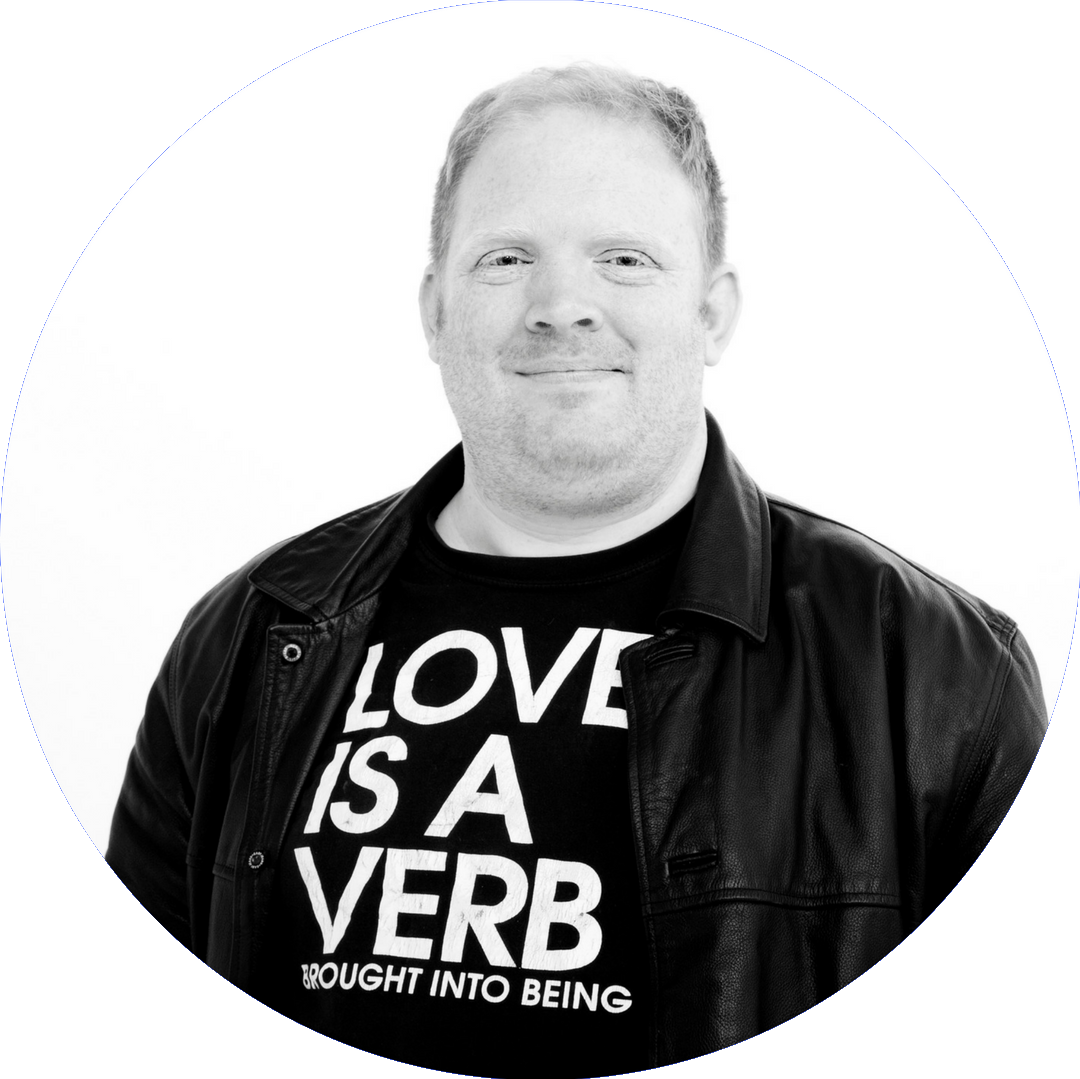

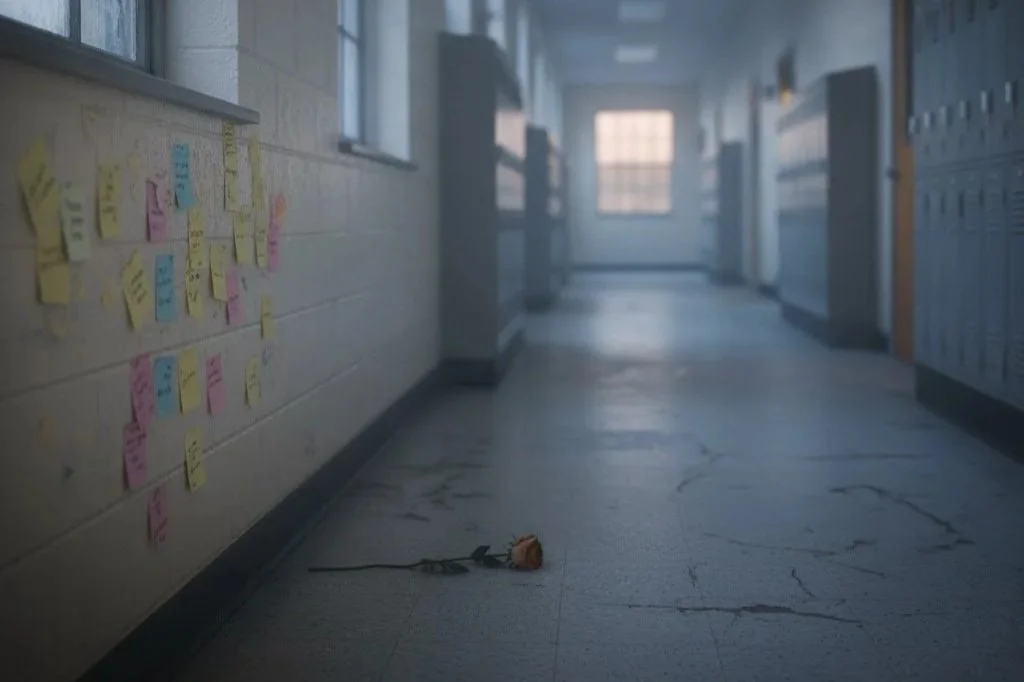

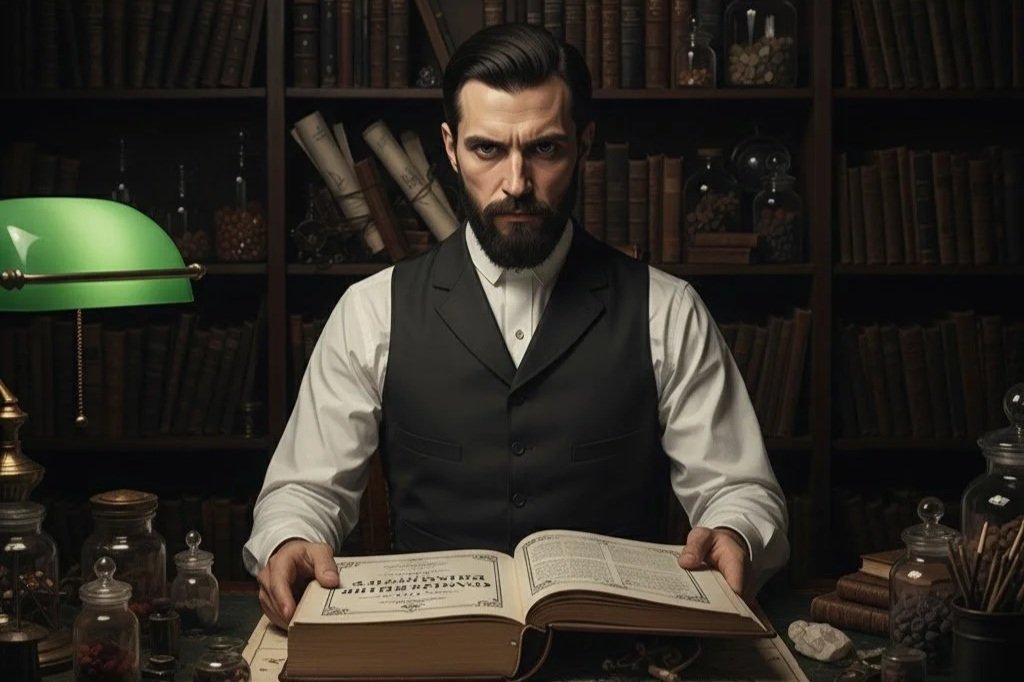


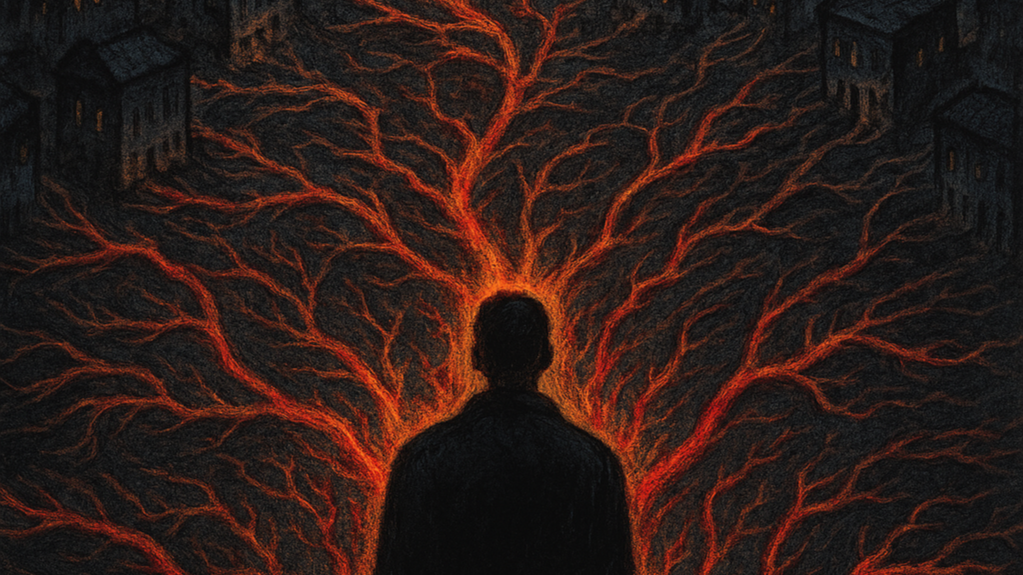




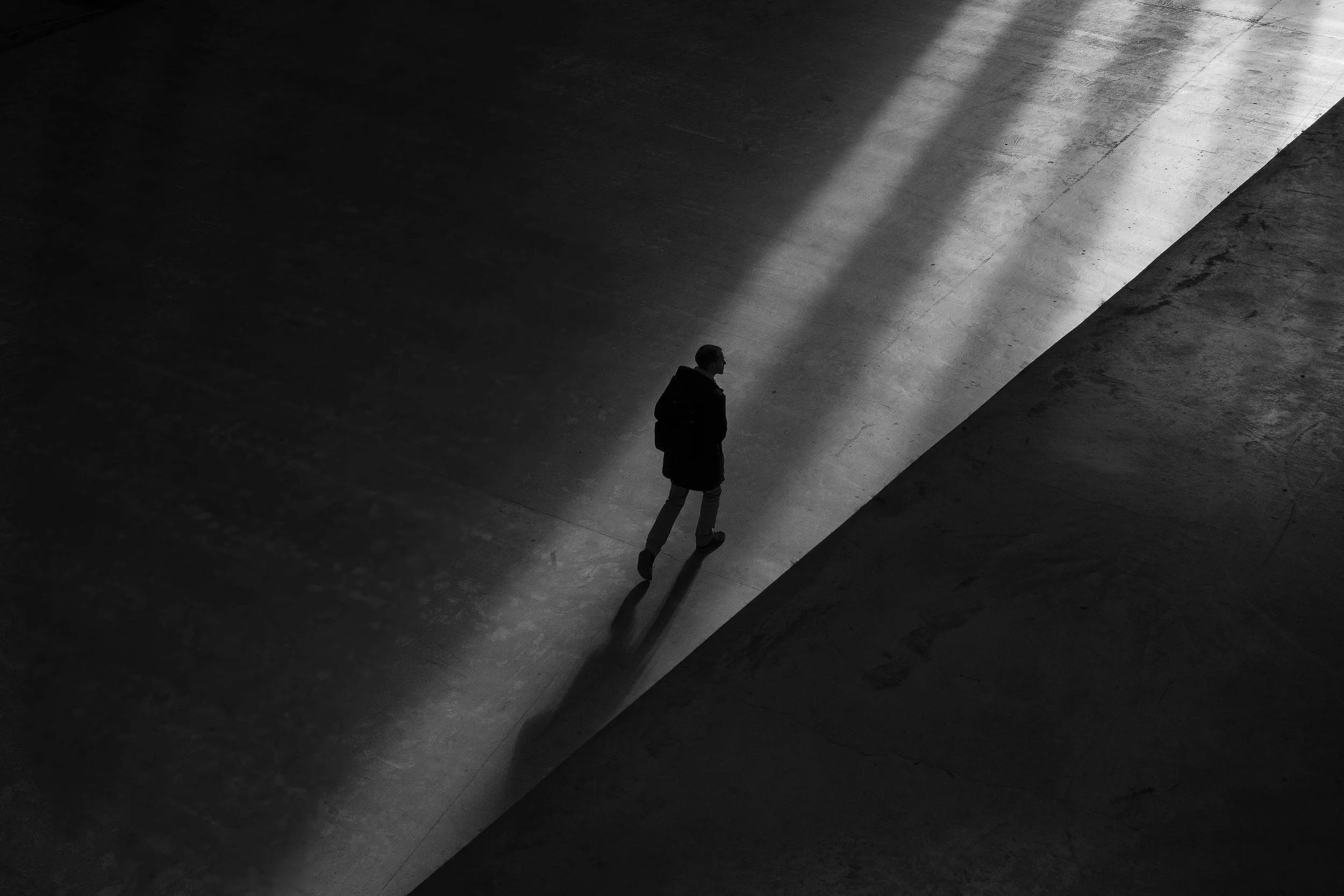




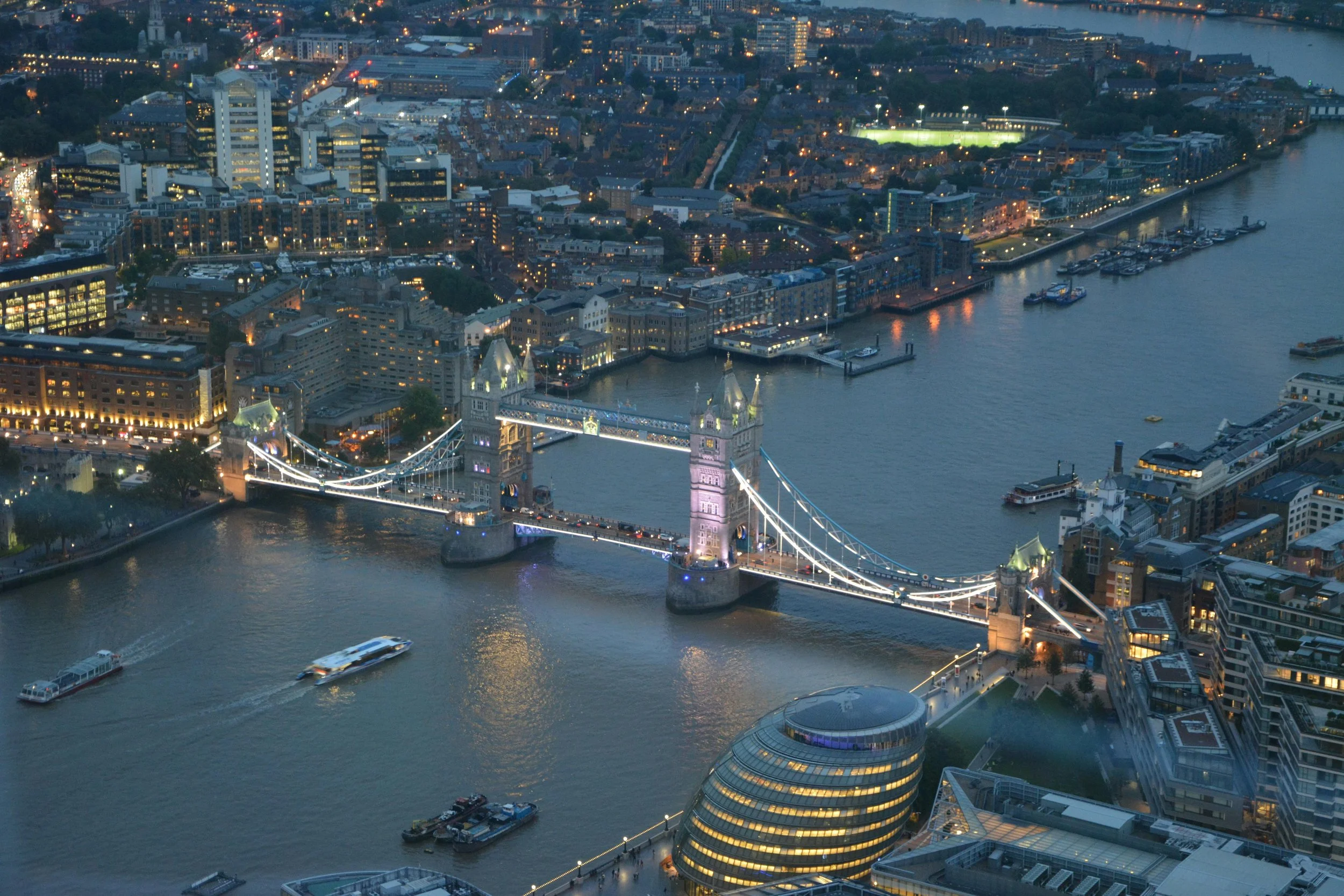







Some people move through the world making noise. Thirteen-year-old Leo has learnt to be still. But when an old illustrated book vanishes from the bookshelf, Leo discovers something extraordinary living in the walls of the Victorian house: the Snibbit, a small magical creature that collects beautiful things and understands that silence can be full of meaning. Through carefully preserved fragments from the past, the Snibbit teaches Leo how to navigate a world that isn't built for quiet people.